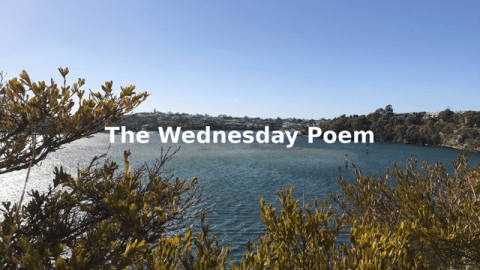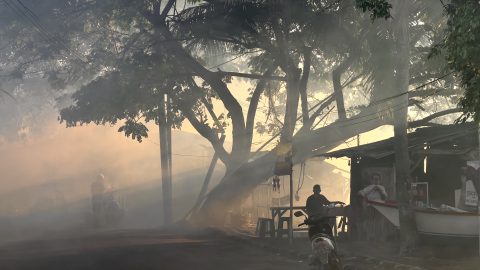The pandemic’s not even under control and you’re asking this question? I hear you say.
You’re right, I can’t believe I am asking it either. Perhaps I have some deep psychological need to move on from one existential crisis to another!
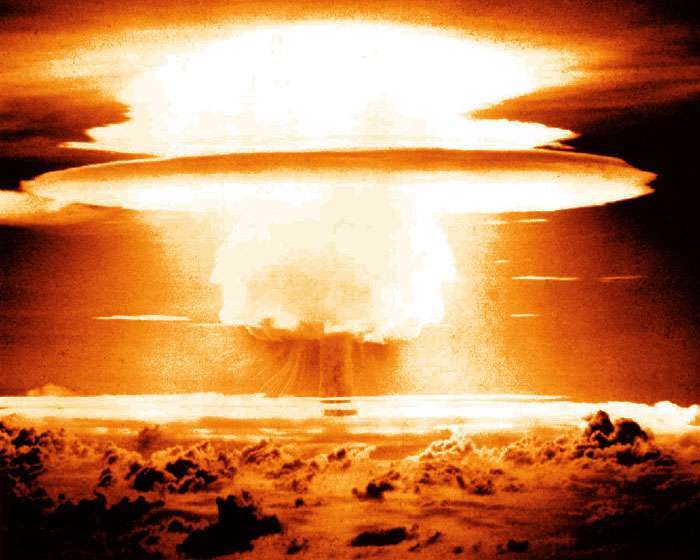
WW3? Credit: Peaceaction.com
Like many of my three score years and ten generation, and younger ones, who were born in Australia, I have not been exposed to the horrors and consequences of war, except of course through television, movies, art and literature, and history, and through the stories of those who have come to Australia from war ravaged countries.
The closest most of my generation got to active war duties, was in the late 60s and early 70s when Australian soldiers served in Vietnam. There was a period when all young males were liable to be conscripted to serve. Some of us saw our numbers come up. The election of the Whitlam Government in late 1972, saw Australia’s involvement in the war quickly come to an end.
While some of us have more recently served as members of Australia’s armed forces overseas, and been directly involved in armed conflicts, most of us haven’t.
Here in Australia we have lived, one way and another, for many years now, if not in a period of profound peace, then in reasonably peaceful times.
But it seems times are a changing.
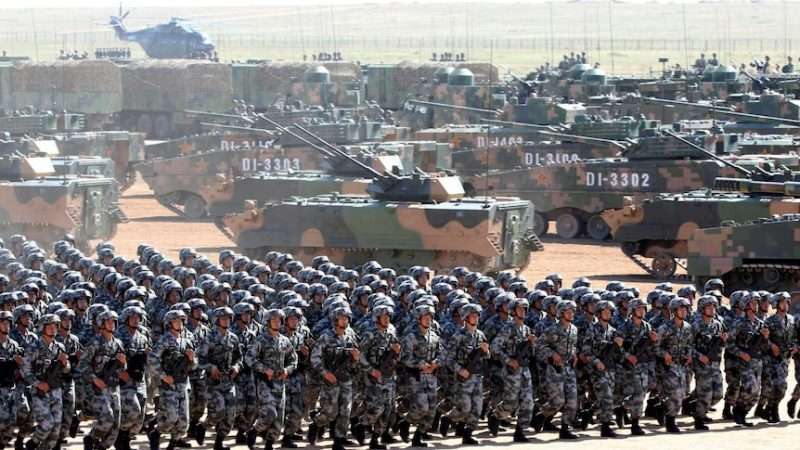
Display of China’s military force. Credit:ABC
In recent days, a leading Australian journalist, Stan Grant, and former Australian politician and Defence Minister, Christopher Pyne have openly addressed the potential for war with China.
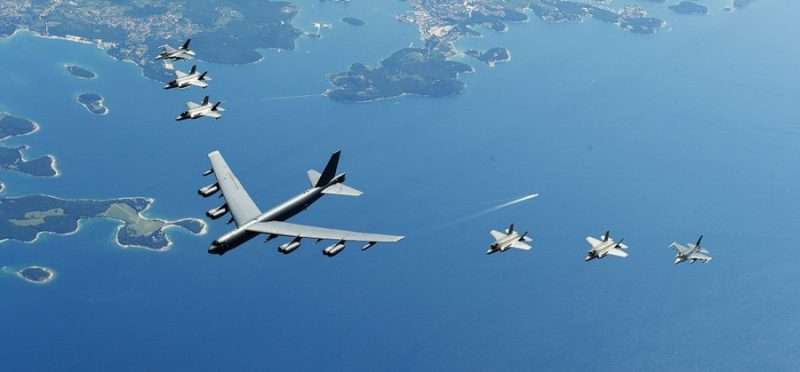
USA and Allies airforce display. Credit: Stripes.com
Worryingly, their observations cannot be classified as idle chatter.
Which has me wondering about the extent any of us, apart perhaps from the Prime Minister and Ministers with relevant responsibilities, and the armed forces, actively contemplate our readiness for war. How does a population get ready for war anyway? Should we at least be talking about the prospect in a mature and open way?
Off and on over the years I have pondered what it must have been like to have been an ordinary citizen living in those countries that proceeded to declare war on each other and started two World Wars. How much did they know about what was happening, how much did they ask? How ready were they for what ensued?
One can examine the cause and effect of wars in studies of war, peace, international affairs, and history, but you never quite get the flavour of what it was like for the ordinary citizen while high politics and diplomacy was going on in a time of war mongering.
Just how engaged was the citizenry?
Was it obvious to Blind Freddy for a good while before war was declared that war was about to happen? Did folk have and express strongly held views on the desirability of going to war? Did people, physically and psychologically, start preparing themselves for the inevitable? And, if so, how did they do it?
I appreciate there are no real answers to many of these these queries. For one thing, each epoch is different.
If you use Peter Jackson’s wonderful 2018 film, They Shall Not Grow Old, about WW1 as a guide, it seems ordinary Brits got the sense they might soon be going to war but assumed it would be over quickly – and of course that they’d win.
As of 1914, the Brits had been engaged in warfare on a fairly regular basis as a part of establishing and maintaining their Empire, and the bank balances of British people, for centuries.
At the turn of the 20th century the Brits were involved in putting down the Boxer Rebellion in China. Around then they were also engaged in the Boer War in South Africa. And before that the Crimean war. And around the same time as that, they were involved in the so called Opium War, again in China. In that context, it’s not that far back to dealing with Napoleon Bonaparte at Waterloo. And these are but a few highlights from British imperial history.

Opium Wars
You get my drift, the British Empire and war were pretty synonymous concepts. The former plainly depended on the latter. I won’t even mention the exploits of the Brits leading to the establishment of the Raj in India before 1800. The British public over the years had become familiar with and apparently accepting of the regular use of force as a means of securing and maintaining commercial gain.
No doubt this history is well understood in China today.
Along with the history of US imperialism throughout the 20th century.
But I digress.
My concern is that with China’s inevitable growth as a leading world power we are arriving at an uncomfortable juncture where we know from history, that military conflicts can happen. As Stan Grant and Christopher Pyne point out.
So, where do we, the people, fit into all this? Do we simply sit back and leave it to the PM and the Cabinet, advised by the diplomats and armed forces, to respond to these concerns?
Well, as a citizen it’s difficult, of course, to be across every issue that worries you. That’s why we elect people to represent and serve us in Parliament and in Executive Government. The daily challenges of getting the kids off to school, correcting homework, spending time with the grandkids, catching the train to the office, putting in a crop, volunteering in the community, continually reassessing the home budget, getting the car repaired, puzzling over what to cook for dinner tonight, and so on and so forth, often mean we don’t have time to become educated about some issues, even issues as big as the prospect of a war that would, in all probability, see the use of nuclear weaponry and have global ramifications.
I suspect it was always thus for the busy, hardworking citizens of nations that get caught up in war.
But having said that, I do think we must continue to maturely and openly discuss the current prospect of war.
What happens if the current trade stand-off between China and Australia and the rest of the West escalates? What if the West imposes serious sanctions on China over the Uighers situation in Xinjiang? What if the currently reported incursions by China into Taiwan’s airspace continue to grow, and/or a flotilla of Chinese warships masses near Taiwan’s sea border, and, goodness forbid, Chinese fighter planes, bombers and warships move towards the Taiwanese mainland and the US responds in kind? What if the South China Sea suddenly becomes a real game of brinkmanship? What if some presently unimaginable thing happens to upset the West or China, or one of their respective allies, as it did to start WW1, like the assassination of a political figure that is calculated to let passions run free?
I’m sure I am not ready for a war if one were to be declared right now. I am equally sure I don’t want one. Nor do I wish to encourage a bellicose state of mind. But, what if…?
Can we just sit back and hope the leaders of the major and smaller and mid-sized powers will do the right thing? Can international diplomacy be counted on to reduce the threat of an existential threat?
I don’t know. Some days I doubt it, based on historical precedent. Some days I don’t. But I’m worried. I fear we must, at least, start talking about it.
